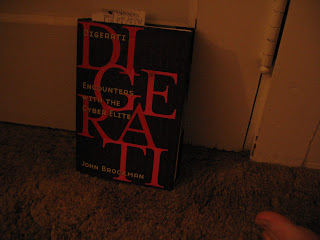Book: Dicey’s Song
Author: Cynthia Voigt
Published: 1982 (Fawcett Juniper)
Pages: 211
There are two tags I expected to use for this post but didn’t: dysfunctional families and coming of age. You want to know why? Because I don’t believe in false advertising, unlike the blurb-writers on this book.
I guess you could argue that the dysfunctional family part is inherent in four siblings who have to find a place to live after their mother gets—too crazy? Too sick? Too crazy-sick? The narrative is never specific about that, and by the time this book starts Dicey and her sister and brothers are already settled at their grandmother’s.
But that’s just it; they’re settled. Their most traumatizing conflict is behind them, and in this book all they have to worry about is being too good to fight on the bus and waiting for the smart brother to figure out how to teach them to read and letting the sassy popular girl in their English class convince the teacher they didn’t plagiarize their super good essay and finding the $500 their piano teacher cum family friend slipped them for a trip to visit their mother who dies and needs to be cremated.
It’s an interesting setup of real-life problems (I was for serious worried about what they were going to do with their mom when she died and the undertaker told them it would be $750 they most certainly did not have for a burial) that each get solved within fifty pages or so, staggered so not everybody’s made happy at the same time but they definitely all are by the end. There’s nothing truly at stake; even if they fail, their grandma won’t let them back into the real hardships of their earlier life.
And the coming of age part was going to be a sort of automatic thing because Dicey, the oldest, is thirteen, and what the hell else do you do at thirteen, especially if you’ve been in charge of your ad-hoc family until you show up at your grandma’s?
But Dicey’s such a blank character. I accept the fact that her life has made her brusque and practical, but I refuse to believe that she doesn’t have even half a speck of the imagination or rebellion that makes teenage characters so interesting. She doesn’t change at all; the world around her just starts telling her how good she is.
All that being said, this book was very well-written, just the perfect balance between understated prose and decorative language that exactly explained abstract thoughts and feelings. I read it fast because I remained convinced that there was a better story released in the next chapter.
Also, this is “a Tillerman Family Novel,” according to the cover. This is a SAGA, folks. I bet the first couple books are more interesting. I trust Voigt to handle melodrama with just the right touch.






